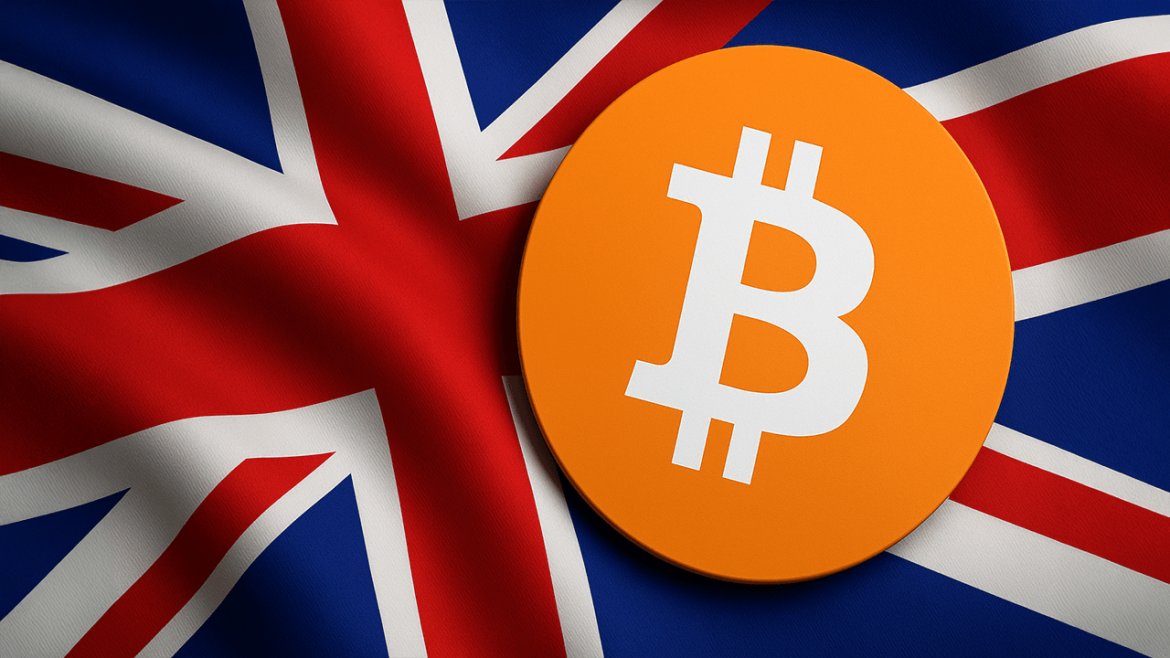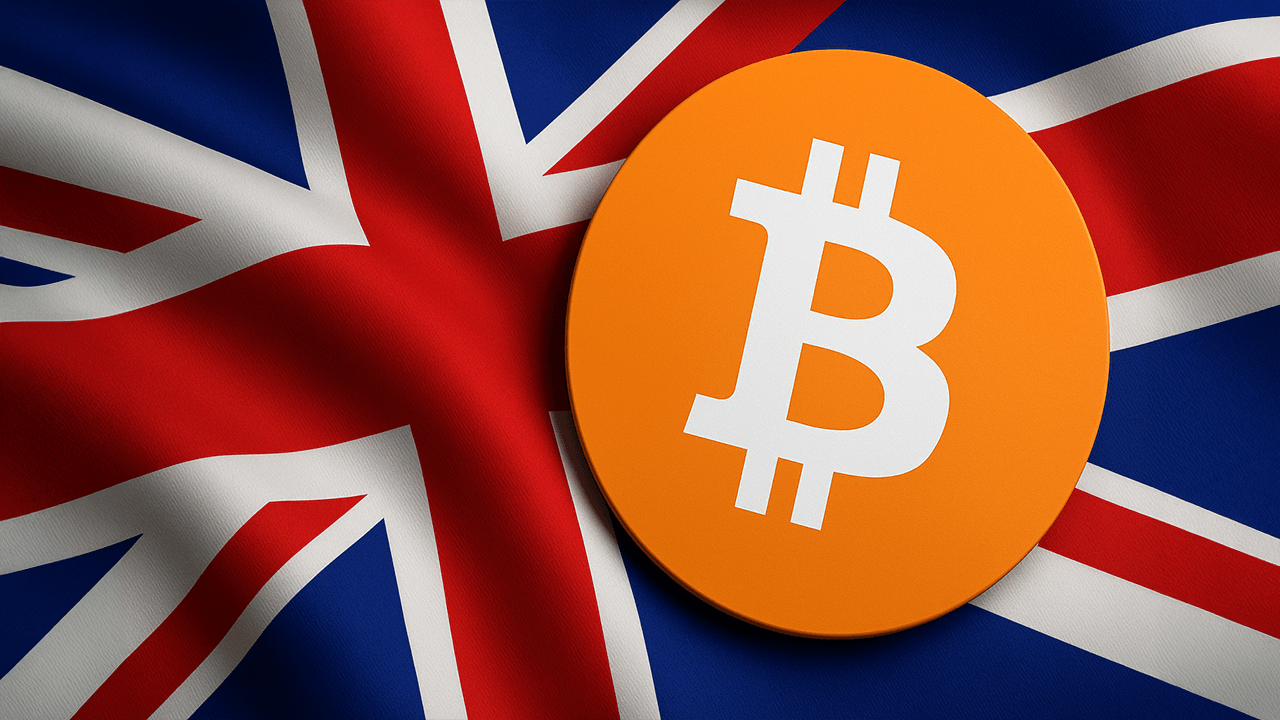The UK’s Bitcoin Bonanza: A Balancing Act of Budgets and Crypto Markets
Introduction: A Digital Gold Rush with Real-World Consequences
The United Kingdom finds itself at the crossroads of fiscal policy and digital innovation, contemplating a move that could redefine its economic strategy and send ripples through the cryptocurrency market. The nation’s seized Bitcoin holdings, a digital treasure trove amassed through law enforcement operations, now stand as a potential lifeline for a budget under strain. This analysis delves into the complexities of this decision, exploring its implications for the UK’s economy, the cryptocurrency market, and the ethical landscape of digital assets.
A Treasure Trove Seized: The Origins of the Bitcoin Hoard
The Bitcoin in question is not a product of government investment but rather the spoils of law enforcement efforts. These digital assets were confiscated from individuals and organizations involved in a range of illicit activities, from drug trafficking to money laundering. The scale of the seizure—over 61,000 BTC—underscores the growing role of cryptocurrencies in criminal enterprises and the UK’s success in combating such activities.
The origins of this Bitcoin are as complex as the technology itself. Cryptocurrencies, designed to be decentralized and anonymous, have often been exploited by criminals seeking to evade detection. However, advancements in blockchain forensics have enabled law enforcement agencies to trace and seize these assets. The UK’s seized Bitcoin represents a significant victory in the ongoing battle against crypto-related crime.
Bridging the Budget Gap: The Fiscal Imperative
The UK’s budget deficit, projected to reach £20 billion, has created a pressing need for revenue generation. The potential sale of seized Bitcoin offers a unique solution, allowing the government to monetize an asset acquired at no cost. This approach avoids the need for tax increases or additional borrowing, both of which could have negative economic consequences.
The appeal of this strategy lies in its ability to generate substantial funds without resorting to traditional fiscal measures. By selling the seized Bitcoin, the government can inject much-needed capital into public coffers, funding essential services and infrastructure projects. This move could also set a precedent for other countries facing similar budgetary challenges, demonstrating the potential of cryptocurrency assets as a non-traditional revenue source.
Market Impact: Navigating the Volatility
The prospect of the UK government selling a significant portion of its Bitcoin holdings has sparked concern within the cryptocurrency market. The sudden influx of 61,000 BTC could exert downward pressure on the price, leading to market volatility. The extent of this impact will depend on the manner in which the sale is executed.
A gradual, carefully managed approach would minimize disruption, allowing the market to absorb the sale without significant price fluctuations. In contrast, a hasty sell-off could trigger a more pronounced price decline, potentially damaging investor confidence. The government’s strategy will be closely watched by institutional investors and market analysts, as the sale could serve as a precedent for other countries with significant cryptocurrency assets.
The choice of sale method will also play a crucial role in shaping market reactions. Options include auctioning the Bitcoin to institutional investors, selling it on exchanges, or distributing it through other mechanisms. Each approach carries its own risks and benefits, and the government must carefully consider the potential market impact before proceeding.
Ethical Considerations: Profit vs. Principle
The sale of seized Bitcoin raises important ethical questions. While the move offers a pragmatic solution to budgetary woes, critics argue that profiting from assets acquired through criminal activity is morally questionable. The government must weigh the benefits of funding public services against the potential ethical concerns associated with monetizing illicitly obtained assets.
Proponents of the sale argue that channeling the proceeds from criminal activities into programs that benefit society can turn a negative into a positive. By using the funds to support public services, the government can mitigate the ethical implications of the sale. However, the decision requires a careful balancing of financial imperatives and ethical principles, ensuring that the pursuit of financial gain does not compromise fundamental values.
Long-Term Implications: Shaping the Future of Cryptocurrency
The UK’s decision to sell its seized Bitcoin could have far-reaching implications for the cryptocurrency market and the government’s relationship with digital assets. A successful and well-managed sale could pave the way for other countries to follow suit, leading to greater acceptance of cryptocurrencies as legitimate assets. This could also inform the development of regulatory frameworks, helping to establish clear guidelines for law enforcement, asset management, and market oversight.
On the other hand, a poorly managed sale could damage market confidence and discourage governments from holding or transacting in cryptocurrencies. The UK’s experience will serve as a case study for other nations, shaping the future of cryptocurrency regulation and governance. The lessons learned from this process will be crucial in determining the role of digital assets in the global economy.
A Cautious Conclusion: The Path Forward
The UK’s potential sale of its seized Bitcoin holdings represents a high-stakes gamble with the potential for significant rewards. While the allure of plugging a multi-billion pound budget gap is undeniable, the government must proceed with caution. A well-planned and transparent sale is crucial to minimizing market disruption and maximizing the benefits for the public.
Ethical considerations must also be carefully weighed to ensure that the pursuit of financial gain does not compromise fundamental principles. The world will be watching closely as the UK navigates this complex landscape, and the lessons learned will undoubtedly shape the future of cryptocurrency regulation and governance. The path forward requires a delicate balance of fiscal responsibility, market sensitivity, and ethical integrity, ensuring that the UK’s Bitcoin bonanza is a success for all stakeholders involved.





